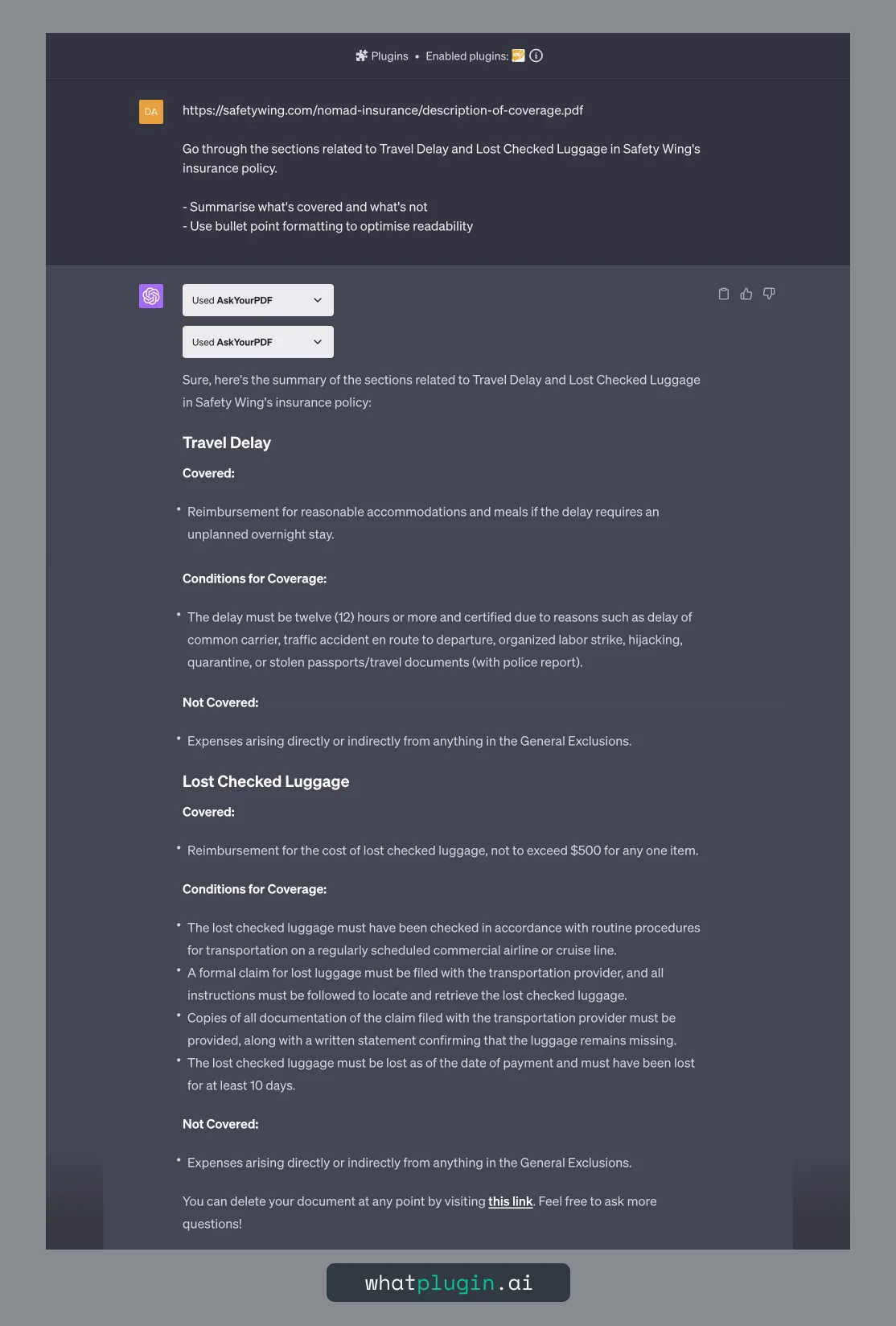Showing X out of X results
Serves as an AI research assistant, capable of searching through millions of academic papers, providing science-based answers, and assisting in content drafting with accurate citations.
Ask the research, chat directly with the world's scientific literature. Search references, get simple explanations, write articles backed by academic papers.
Revolutionizes coding by enabling website creation with just a sentence. Harnesses the power of **************Prompt-gramming***************** with over 15 hotkeys for coding flows and 19 starter projects, encouraging prompt-first creativity and supporting diverse inputs like images or quests.
Code Wizard Copilot 🧙♂️ Build a website with a sentence. 20+ Hotkeys for quick coding flows. Learn to Prompt-gram! Create anything or pick from 75 starter projects to learn prompt-1st code & art. Publish instantly w/ Netlify+Replit. Type K for cmd menu, P for Projects, R for README. v2.6✨📜
Provides scholarly research assistance using Google Scholar and other academic resources.
Enhance research with 200M+ resources and built-in critical reading skills. Access Google Scholar, PubMed, JSTOR, Arxiv, and more, effortlessly.
Aids in navigating through a vast collection of over 200 million articles, journals, and books for research purposes.
AI Innovator — search and review 200M+ scientific papers, patents, and books. Research literature, discover insights, and generate new ideas. Formerly the ScholarAI plugin
Writes tailored, engaging content with a focus on quality, relevance, and precise word count.
Write tailored, engaging content with a focus on quality, relevance and precise word count.
Serves as an AI-Powered Software Development Assistant, providing tailored coding guidance.
Code Smarter, Build Faster—With the Expertise of a 10x Programmer by Your Side.
Browses webpages, PDFs, and data sources, allowing chat and writing functionalities with one or many URLs, powered by WebPilot.ai.
Search, Browse, Write & Agent. Action & API Offering
Provides expert writing assistance for Blog SEO, enhancing content optimization strategies.
Crafts SEO optimized blog articles, SEO optimized meta descriptions, and SEO optimized titles that significantly improve Blog SEO. SEO BlogGPT can read the provided links, including YouTube videos to write SEO contents!
Generates educational summaries of YouTube videos in your preferred language.
Generates summaries, articles, quizzes, diagrams based on YouTube video in any language. Answers questions based on chosen video. No extra logins required. Free to use. For education and research.
Enhances research by interacting with multiple files, generating articles with citations, analyzing and creating references, and building a knowledge base.
Free Chat Unlimited PDFs, Access 400M+ Papers (PubMed, Nature, Arxiv, etc), Analyse PDF (Unlimited PDFs), Generate articles/essays with valid citations, ChatPDF, Analyse and generate references for papers, create and interact with a knowledge base of your files and much more using AskYourPDF.
Sorry mate, we couldn't find any results for your search.
%201%20(1).webp)
%201%20(1).webp)
.webp)
%201%20(1).webp)
%201.webp)
.webp)
.webp)
%20(1).webp)

%20(1).png)
%20(1).webp)
%20(1).webp)

.webp)

.png)
.webp)
